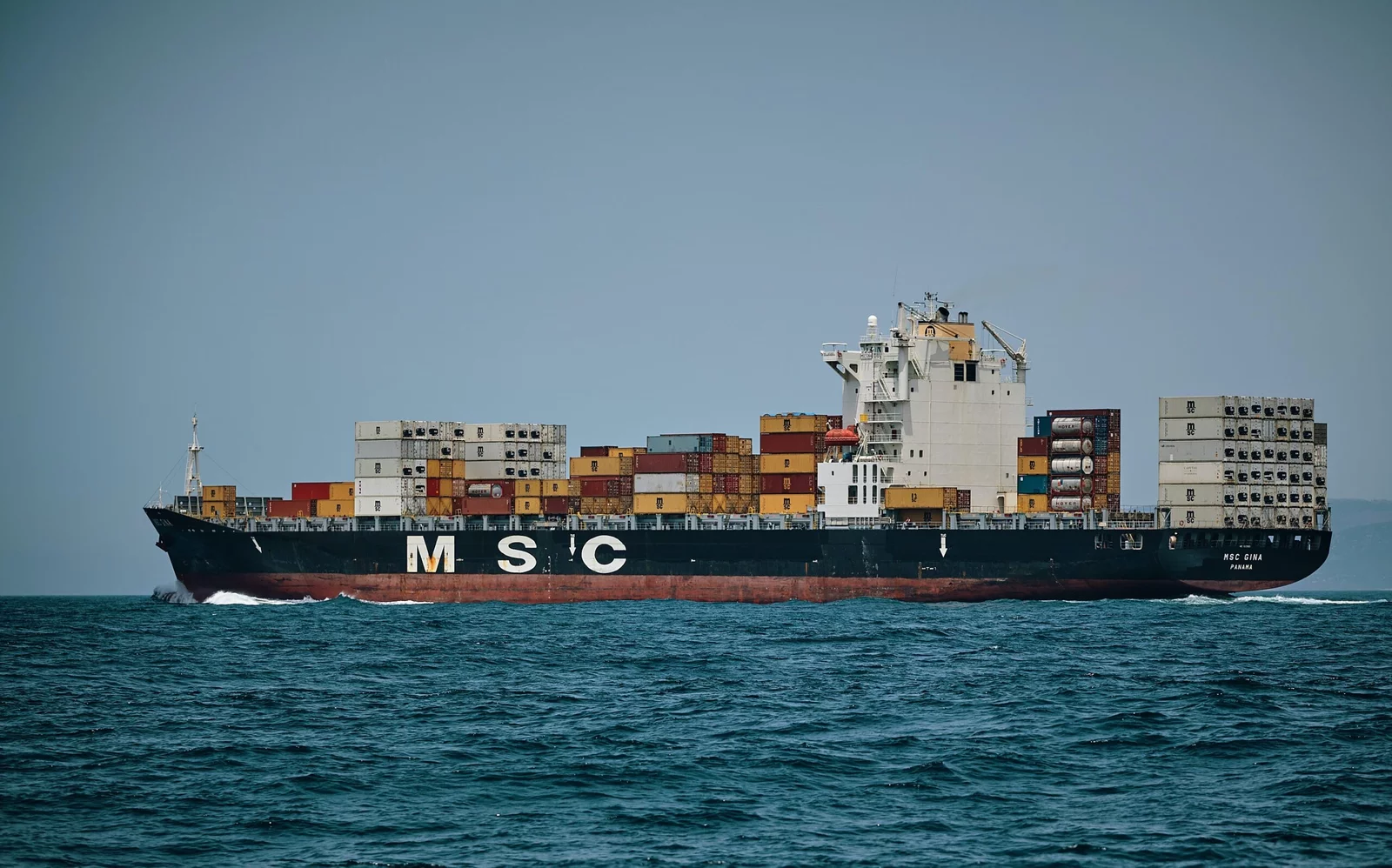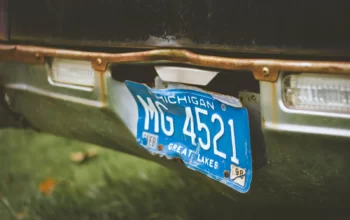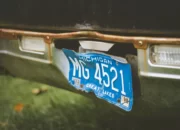Learn about the Industry
Before diving into the world of freight brokering, it’s crucial to gain a comprehensive understanding of the freight shipping industry. Familiarize yourself with the various modes of transportation, such as trucking, air cargo, and rail. Learn about the different types of freight, including full truckload (FTL) and less than truckload (LTL). Educate yourself on industry terminology, regulations, and current trends.
Build a Network
Networking is key in any industry, and freight brokering is no exception. Start by attending industry conferences, trade shows, and seminars to meet professionals already established in the field. Join online forums and social media groups dedicated to freight brokering to connect with like-minded individuals and gain insights from experienced brokers. Building a strong network can provide you with valuable mentorship opportunities and potential business partnerships.
Apply to Freight Broker Firms
One of the best ways to gain practical experience as a freight broker is to work for an established brokerage firm. Research and apply to reputable companies that offer entry-level positions or internships. This will allow you to learn the ropes, understand the day-to-day operations, and gain hands-on experience in negotiating rates, coordinating shipments, and building relationships with carriers and shippers.
Name and Register Your Business
If your goal is to become an independent freight broker, it’s crucial to establish your own business. Choose a unique and memorable name for your brokerage and register it with the appropriate government agencies. Consult with a lawyer or business advisor to ensure you comply with all legal requirements and obtain any necessary licenses or permits.
Register with the FMCSA
The Federal Motor Carrier Safety Administration (FMCSA) regulates the freight brokering industry in the United States. To operate legally as a freight broker, you must register with the FMCSA and obtain a Motor Carrier (MC) number. This process involves completing the necessary paperwork, paying the required fees, and providing proof of financial responsibility.
Apply for a Brokerage Bond
A brokerage bond is a form of insurance that protects shippers and carriers from financial loss in case a freight broker fails to fulfill their contractual obligations. It’s a requirement to obtain a brokerage bond before you can legally operate as a freight broker. Research reputable insurance companies that offer brokerage bonds and apply for one that suits your business needs.
Get Insurance
Insurance is a vital aspect of any business, including freight brokering. It provides protection against potential liabilities and ensures the smooth operation of your brokerage. Consult with an insurance agent specializing in the transportation industry to determine the type and amount of insurance coverage required for your specific business.












